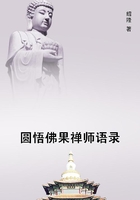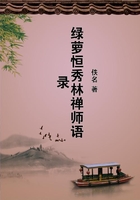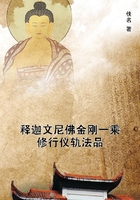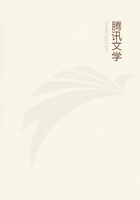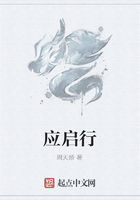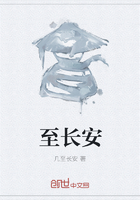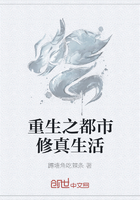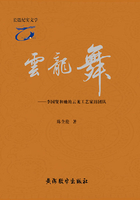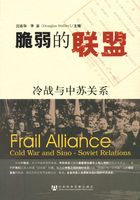Marx intended this to be the Introduction to his Contribution to a Critique of Political Economy(1859),but,as his Preface to that work notes,he decided to omit it.
The unfinished rough draft,which was found among Marx's papers after his death.First published 1903,in Die Neue Zeit.Would become the first manu in the Grundrisse.
I.PRODUCTION,CONSUMPTION,DISTRIBUTION,EXCHANGE (CIRCULATION)
1.Production (a)To begin with,the question under discussion is material production.
Individuals producing in a society,and hence the socially determined production of individuals,is of course the point of departure.The solitary and isolated hunter or fisherman,who serves Adam Smith and Ricardo as a starting point,is one of the unimaginative fantasies of 18th century romances a la Robinson Crusoe;and despite the assertions of social historians,these by no means signify simply a reaction against over-refinement and reversion to a misconceived natural life.
No more is Rousseau's contrat social,which by means of a contract establishes a relationship and connection between subjects that are by nature independent,at all based on this kind of naturalism.This is an illusion and nothing but the aesthetic illusion of the small and big Robinsonades.It is,on the contrary,the anticipation of "bourgeois society",which began to evolve in the 16th century and in the 18th century made giant strides towards maturity.The individual in this society of free competition seems to be rid of the natural ties etc.
which made him an appurtenance of a particular,limited aggregation of human beings in previous historical epochs.The prophets of the 18th century,on whose shoulders Adam Smith and Ricardo were still wholly standing,envisaged this individual --a product of the dissolution of feudal society on the one hand and the productive forces evolved since the 16th century on the other --as an ideal whose existence belongs to the past.They saw this individual not as a historical result,but as the starting-point of history;not as something evolving in the course of history,but posited by nature,because for them this individual was in conformity with nature,in keeping with their idea of human nature.
This delusion has been characteristic of every new epoch hitherto.
Steuart,who in some respects was in opposition to the 18th century,and,as an aristocrat,tended rather to regard things from a historical standpoint,avoided this naive view.
The further back we trace the course of history,the more does the individual,and accordingly also the producing individual,appear to be dependent and to belong to a larger whole.At first,the individual in a still quite natural manner is part of the family and of the tribe which evolves from the family;later,he is part of a community,of one of the different forms of community which arise from the conflict and the merging of tribes.It is not until the 18th century that,in the bourgeois society,the various forms of the social texture confront the individual as merely means toward his private ends,as external necessity.But the epoch which produces this standpoint,namely that of the isolated individual,is precisely the epoch of the (as yet)most highly-developed social (according to this standpoint,general)relations.Man is a "zoon politikon"[social animal]in the most literal sense:he is not only a social animal,but an animal that can individualize himself only within society.Production by an isolated individual outside society --a rare event,which might occur when a civilized person who has already absorbed the dynamic social forces is accidentally cast into the wilderness --is just as preposterous as the development of speech without individuals who live togetherand talk to one another.It is unnecessary to dwell upon this point further.It need not have been mentioned at all,if this inanity,which had rhyme and reason in the works of 18th century writers,were not expressly introduced once more into modern political economy by Bastiat,Carey,Proudhon,etc.It is of course very pleasant for Proudhon,for instance,to be able to explain the origin of an economic relationship --whose historical evolution he does not know --in an historico-philosophical manner by means of mythology;alleging that Adam or Prometheus hit upon the ready-made idea,which was then put into practice,etc.Nothing is more tedious and dull than the commonplace phantasies of locus communis.

